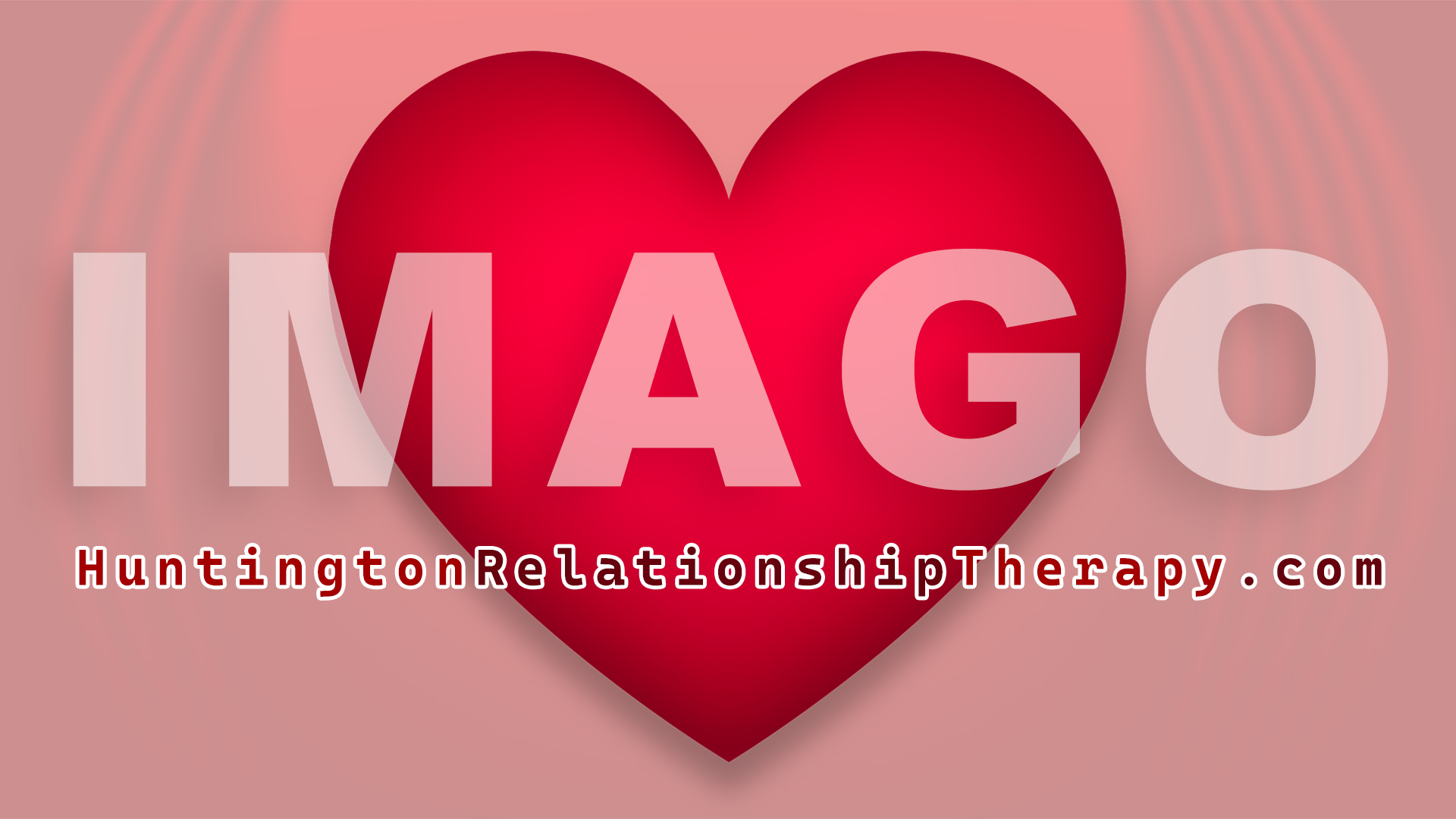Childhood emotional neglect is when caregivers deprive a child of basic needs, such as not providing adequate nutrition, supervision, health care, clothing, housing, or any other physical, emotional, social, educational, or safety needs. Often, people aren’t aware that they’ve experienced childhood emotional neglect until adulthood when symptoms become more apparent. When a parent is not emotionally attuned to a child,…
Dissociation is a mental process that involves disconnecting from one’s thoughts, feelings, body, memories, and/or sense of self. It can occur as a temporary or persistent state, depending on what an individual is trying to endure. This experience can range in severity, from just “checking out”, difficulty focusing (ADHD), to heavy drug / alcohol use. Dissociation is the brain’s way…
Dealing with “mother wounds” on Mother’s Day is challenging, but focusing on self-care and self-compassion can be helpful. It’s important to acknowledge and process your emotions, whether it’s grief, sadness, or resentment, and seek support if needed. Consider engaging in activities that bring you joy and help you feel nurtured, and remember that healing from mother wounds is a journey,…
Coercive control in a relationship involves forcing someone to act against their will through threats, intimidation, or manipulation, often to gain power and control. Examples of coercive control include isolating a person from their support system, monitoring their activities, controlling finances, and making them feel worthless. Here are specific examples of coercive behavior in a relationship: If you need assistance…
If you and your spouse are constantly fighting and it’s negatively impacting your relationship, consider seeking therapy, particularly couples therapy, as a counselor can help you improve communication and navigate conflicts constructively. When to Seek Therapy: Frequent and Unresolved Arguments: If arguments are happening often and you’re struggling to resolve them, it’s a sign that professional help might be beneficial.…
Couples need to celebrate and have fun together because it significantly strengthens their bond by creating positive emotions, fostering a sense of unity, and increasing overall relationship satisfaction, allowing them to better navigate challenges and feel more connected to each other through shared experiences and joy. Married life can get busy, crazy, and sometimes too task-oriented… Did you pick up…
Emotional validation is the process of acknowledging, accepting, and understanding another person’s feelings, even if you don’t agree with their perspective or the cause of their emotions. It’s about recognizing that their emotions are genuine and valid, rather than dismissing, minimizing, or judging them. Key aspects of emotional validation: Acknowledgment: Recognize the person’s emotions and show that you’re actively listening.…
Losing a loved one can be one of the most difficult experiences in life. Grief can be overwhelming and affect various aspects of your life. It’s essential to acknowledge that grief is a natural response to loss and that everyone experiences it differently. Grief counseling is an effective way to cope with loss because it: Provides Emotional Support: Helps Process…
Long Island Imago Relationship Therapists, Robin Newman and David Weber, talk about ideas and things that show up in their day-to-day practice, and how they impact couples. Topics mentioned in this video: Contact Robin Newman for additional information about counseling sessions in Huntington, New York.
Choose your words wisely… Words are an instrument to heal or wound – to connect or separate. Try to think about the words you use with your partner this week… Do they heal or wound, connect or separate? The traumatizing and/or healing effect that words can have on people.. especially when in a committed relationship, can make or break the…








